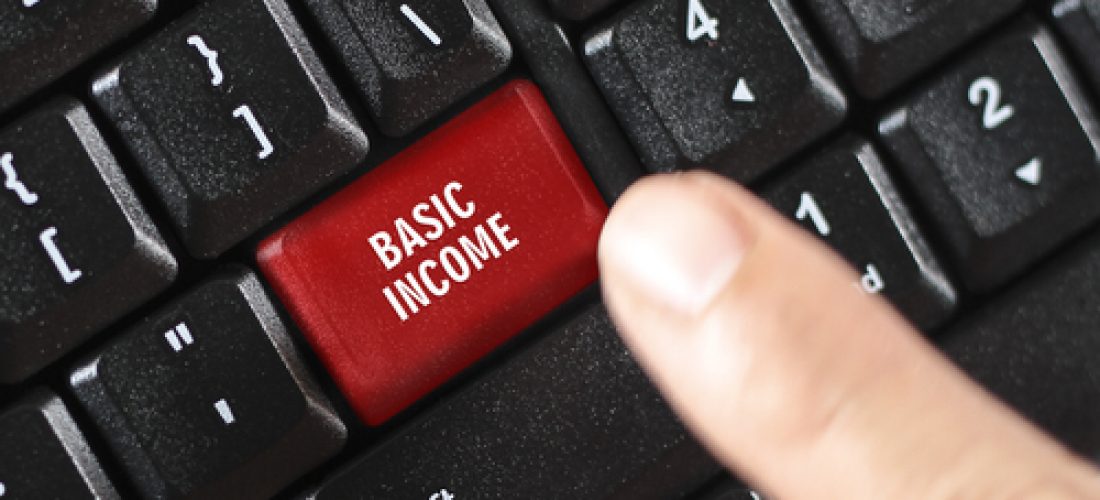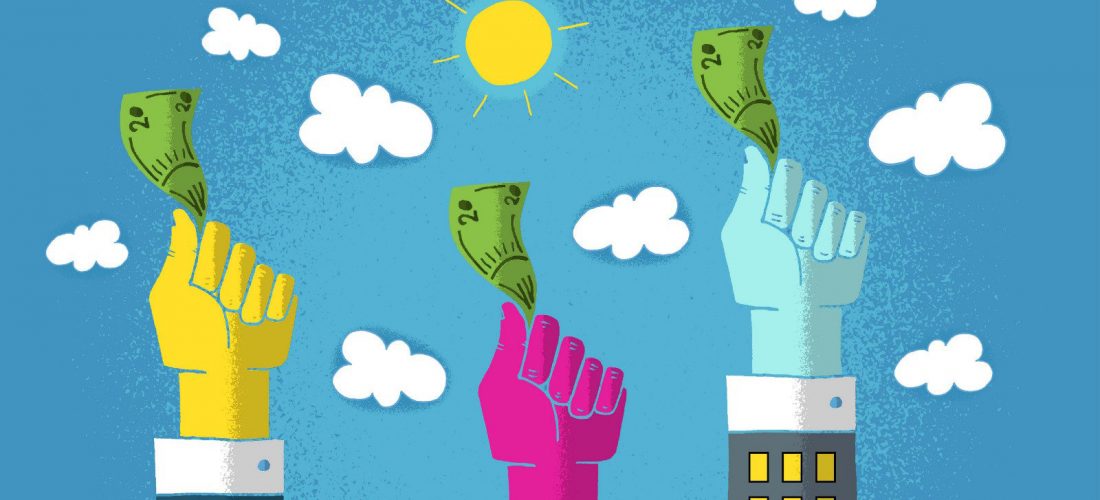The article presents Universal and Unconditional Basic Income (UBI) as a guarantee of Ius Existentiae (right to life) and real freedom for all in the present and future society characterized by digitization, automation, and change in the dynamics of production forms and the labor market. Describing the history of basic income, we analyze the major experiments carried out and the effects of UBI on the labor market, social capital, and the psychology of the recipients. On this basis, the authors show that regardless of the concrete financial possibilities of making UBI the main welfare instrument in advanced capitalist states, basic income finds rational justification in the emerging changes in the labor market that reveal how the traditional Protestant labor ethic is weakened by the innovative challenges of the digital society. In our view Universal and Unconditional Basic Income could assures a future society founded on social and psychological wealth.
World Futures Journal 2020







